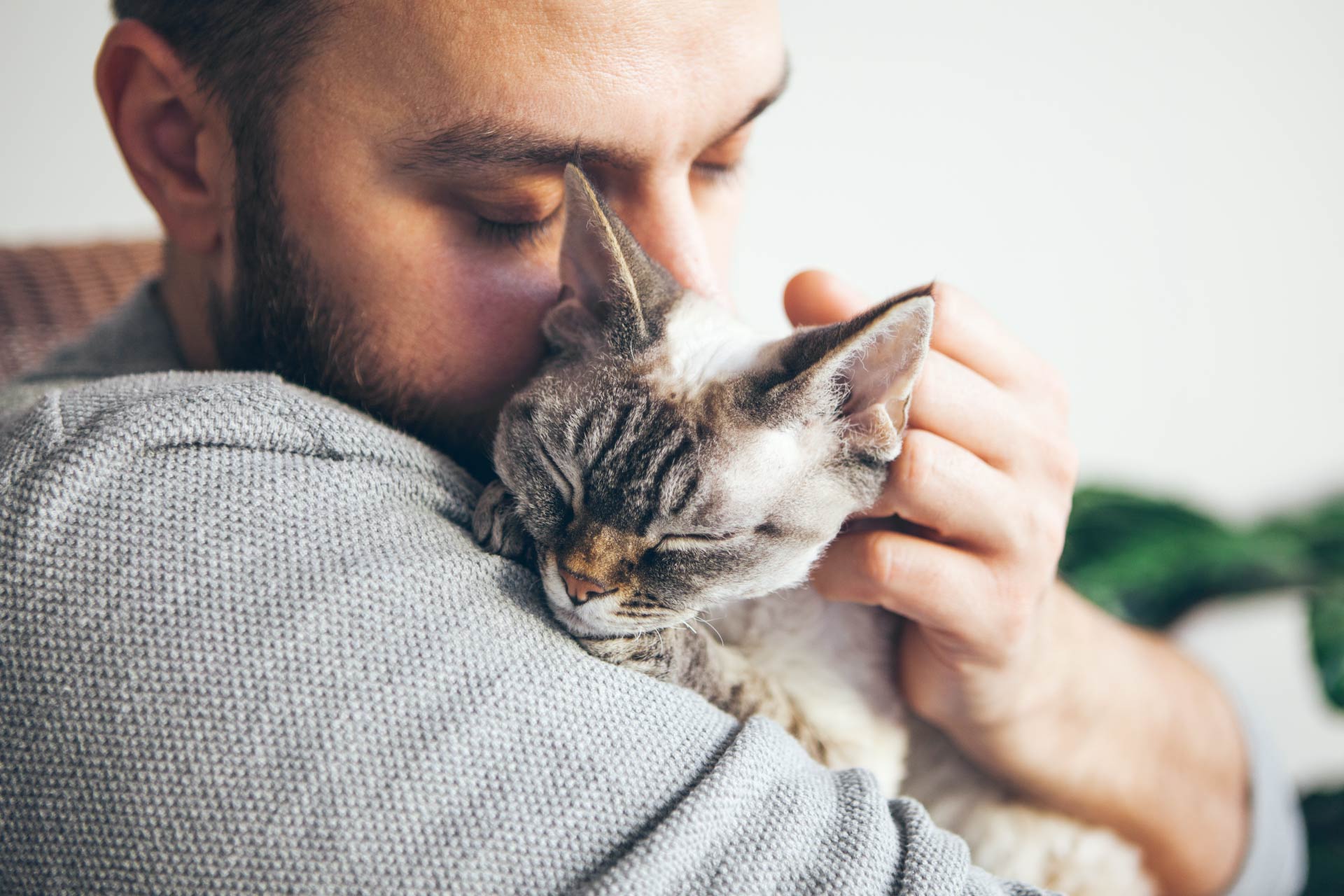• Microbial changes in cat owners
• Health effects
What is already known on this topic
Owning a pet can reduce stress and improve mental health, but it can also affect the gut microbiota. Studies have shown that pets and their owners have similar gut microbes, and babies from families with pets had more diverse bacteria in their guts.What this research adds
By analyzing the gut microbiota of people who own cats and those who don’t, researchers have found that cat owners have increased levels of Proteobacteria in their guts. In the microbiota of these individuals, Alcaligenaceae and Pasteurellaceae were substantially reduced, whereas Enterobacteriaceae and Pseudomonadaceae were increased. Owning a cat is also associated with changes in 50 metabolic pathways, including those involved in the metabolism of amino acids, vitamins, and lipids. These changes appear to be more pronounced among women and normal-weight people who own a cat.Conclusion
The findings suggest that owning a cat can affect microbiota diversity and composition, especially among women and normal-weight people. However, it remains unclear whether these changes could be beneficial for the health of cat owners.
Owning a pet can reduce stress and improve mental health, but it can also affect the gut microbiota. Researchers have found that owning a cat is associated with changes in microbiota diversity and composition, especially among women and normal-weight people.
The findings, published in PlosOne, support the idea that pet ownership plays a role in modulating people’s gut microbiota. However, it remains unclear whether these changes could be beneficial for the health of cat owners.
Several studies have shown that pets and their owners have similar gut microbes, and babies from families with pets have more diverse bacteria in their guts. To explore the effects of owning a cat on people’s microbiota composition, Guankui Du at Hainan Medical University and his colleagues analyzed the gut microbes of 428 individuals, of whom 214 owned a cat.
Microbial changes in cat owners
Cat owners included 111 women and 103 men, 82 overweight individuals, and 132 normal-weight individuals. On average, people owning a cat had increased levels of Proteobacteria in their guts. In the microbiota of these individuals, Alcaligenaceae and Pasteurellaceae were substantially reduced, whereas Enterobacteriaceae and Pseudomonadaceae were increased.
Owning a cat was also associated with changes in 50 metabolic pathways, including those involved in the metabolism of amino acids, vitamins, and lipids. Of these pathways, 21 appeared to be changed in women, whereas only 13 were changed in men.
What’s more, the levels of microbes such as Cyanobacteria, Alcaligenaceae, and Enterobacteriaceae were substantially altered in normal-weight people who own a cat. In these individuals, 41 metabolic pathways were changed, whereas 7 metabolic pathways were altered in overweight owners of cats.
Health effects
The findings suggest that the changes associated with cat ownership are more pronounced among women and normal-weight people. Functional predictions show that cat ownership could lead to increased synthesis of B vitamins and amino acids, as well as improved carbohydrate metabolism, the researchers say. Vitamins play a vital role in people’s health, and increasing glucose metabolism in the gut microbiota may be beneficial to keep host blood sugar in check.
The researchers also found that pathways related to short chain fatty acids (SCFAs) were increased in cat owners. SCFAs have anti-inflammatory effects, can influence the intestinal environment, and regulate host energy metabolism. “Therefore, the influence of cat ownership on gut microbiota function may affect the health of the owner,” the researchers say.
Because cats could influence the diversity and composition of their owners’ gut microbes, cat ownership is a factor that needs to be considered in microbiota studies, the researchers say. “In future studies, a larger-scale and more detailed investigation can verify the impact of cat ownership on owners’ gut microbiota,” they add.











